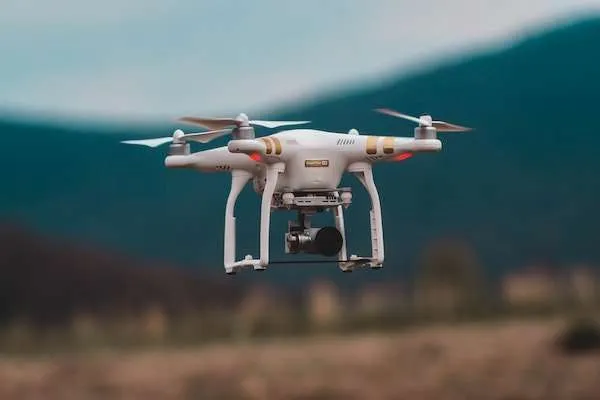Advestisment
Drones and Insurance 101
Drones have rapidly transformed various industries, from agriculture and construction to real estate and photography. As their popularity grows, so does the need for proper insurance coverage for both the drones themselves and the operations involving them. Understanding the relationship between drones and insurance is crucial for anyone looking to utilize this technology safely and legally. Here’s a comprehensive overview of drones and insurance.
1. Understanding Drone Insurance
What Is Drone Insurance?
Drone insurance provides coverage for damages or liabilities associated with the operation of drones. This type of insurance can protect both individuals and businesses from potential risks that arise from using drones for various purposes.
Types of Drone Insurance
- Liability Insurance: This covers third-party injuries and property damage resulting from drone operations. It is essential for businesses using drones commercially, as it protects against lawsuits and claims from accidents.
- Hull Insurance: This covers physical damage to the drone itself, including losses due to crashes, theft, or other incidents. Hull insurance can be particularly valuable for expensive or specialized drones.
- Payload Insurance: If a drone is used to transport valuable equipment or goods, payload insurance can protect against loss or damage to those items during flight.
- Comprehensive Coverage: This combines various coverages, including liability, hull, and payload insurance, providing a more extensive safety net for drone operators.
2. Why Drone Insurance Is Important
1. Increasing Regulations
As drone usage expands, regulatory bodies like the Federal Aviation Administration (FAA) in the United States have implemented stricter rules and guidelines. Adhering to these regulations is essential to avoid legal repercussions, and having appropriate insurance can help demonstrate compliance.
2. High Liability Risks
Drones can pose significant risks, including the potential to injure individuals or damage property. Liability insurance can help mitigate the financial fallout from such incidents, covering medical expenses and property damage claims.
3. Protecting Investments
Drones can represent substantial financial investments, particularly for commercial operators. Hull insurance safeguards these investments against losses from accidents, theft, or damage.
4. Peace of Mind
Having drone insurance provides peace of mind, allowing operators to focus on their tasks without the constant worry of potential liabilities or damage costs.
3. Assessing Your Insurance Needs
1. Determine Your Use Case
- Recreational vs. Commercial Use: If you’re using a drone for personal enjoyment, your insurance needs may differ significantly from those using drones for commercial purposes, such as aerial photography or surveying.
2. Evaluate Risk Factors
- Environment and Operation Type: Consider the environments in which you’ll be flying (urban vs. rural), the complexity of operations, and any specific risks associated with your activities. This will help determine the type and amount of coverage you need.
3. Research Insurers
- Compare Policies: Different insurance providers offer various coverage options. Shop around to find a policy that fits your needs, considering factors like premiums, coverage limits, and exclusions.
4. Understanding Regulatory Requirements
1. FAA Regulations
In the United States, the FAA regulates drone operations, requiring commercial operators to register their drones and adhere to specific guidelines. Understanding these regulations is essential for compliance and ensuring that your insurance meets any legal requirements.
2. Local Laws
In addition to federal regulations, many states and municipalities have their own laws regarding drone use. Familiarize yourself with local regulations to ensure you’re operating within the law and adequately insured.
5. Tips for Managing Drone Insurance
1. Keep Detailed Records
Maintain detailed records of your drone operations, including flight logs, maintenance schedules, and insurance documentation. This can be invaluable when filing claims or demonstrating compliance with regulations.
2. Regularly Review Your Policy
As your drone operations evolve, your insurance needs may change. Regularly review your policy to ensure it still meets your requirements, especially if you upgrade your drone or expand your operations.
3. Educate Yourself
Stay informed about changes in drone regulations and insurance practices. Knowledge of industry trends and legal requirements can help you navigate the complexities of drone insurance more effectively.
Advestisment
